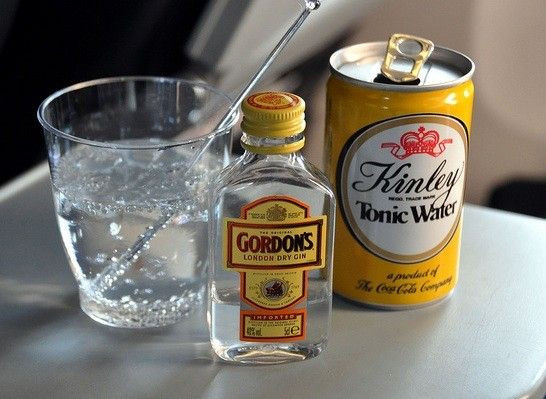Having a Mixed Drink With Diet Soda Can Lead to Quicker Intoxication

A study soon to be published in the journal Alcoholism: Clinical and Experimental Research shows that Breath Alcohol Concentration levels, or BAC, in participants after consuming an alcoholic drink made with diet soda were higher than those that comsumed drinks made with sugary sodas.
In the study researchers mixed vodka with either Squirt (a caffeine free lemon-lime soda) that contained sugar or was a diet, sugar free, version. The study showed that BAC increased by 18% in people who had consumed the mixed drink using the diet soda compared to the people who had drinks using the sugar containing soda.
BAC increased from .077 to .091 in the group that drank alcoholic beverages mixed with diet soda, pushing them above the legal limit in the US and many other countries.
"Alcohol, consumed with a diet mixer, results in higher (BAC) Breath Alcohol Concentrations as compared to the same amount of alcohol consumed with a sugar-sweetened mixer," says Dr. Cecile Marczinski, a cognitive psychologist who authored the study.
What could be causing this?
Well, as it turns out that sugar affects the absorption of alcohol into the bloodstream from the stomach.
"In other words, it is not that diet soda accelerates intoxication. Rather, the sugar in regular soda slows down the rate of alcohol absorption," explains Dr. Dennis Thombs, a professor at the University of North Texas Health Science Center in Fort Worth. Dr. Thombs published similar findings.
The motivation for performing the study has to do with figuring out how different peoples drinking habits affect how impaired they become, and how they perceive, their impairment. If someone feels that they have not have had many drinks, yet their body absorbed the alcohol much faster because of consuming a drink with diet soda, then they might be more impaired than they thought.
The subjects didn't report feeling more impaired or intoxicated after drinking the diet soda mixer, compared to the sugary soda. Experts say this may put them at an increased risk of drinking and driving.
In a time when increasing numbers of young adults are mixing alcohol with energy drinks and low-carb mixers are they doing much more harm to themselves than they thought?
The study will be published in the April issue of the journal Alcoholism: Clinical & Experimental Research



























